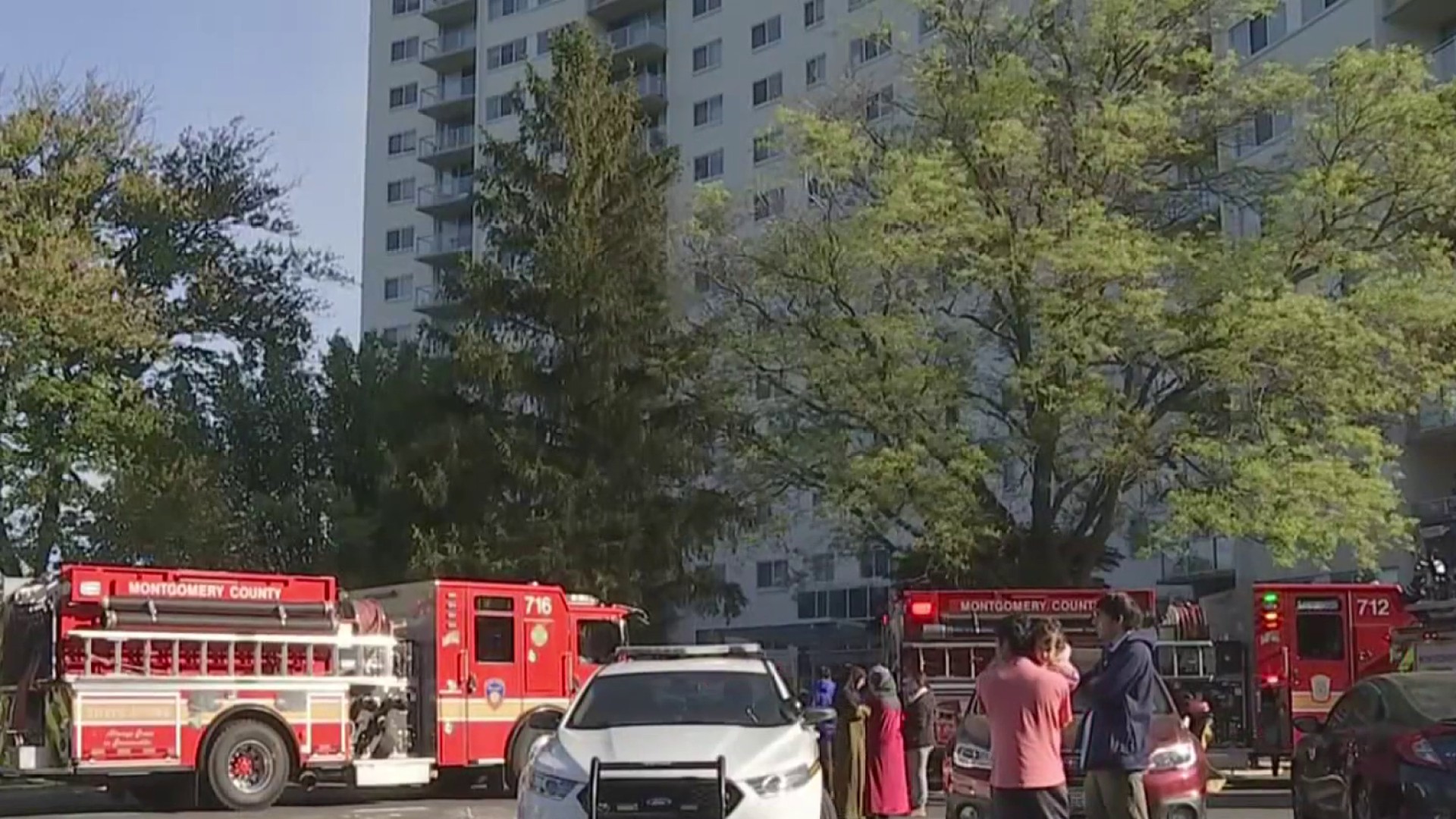Marion Barry's recent remarks about Filipino nurses taking too many jobs in D.C. -- as well as his remarks weeks ago on "dirty" Asian stores -- prompted a lot of criticism at his budget hearing Thursday.
"My father is actually one of those dirty store owners that you wear speaking about..." said lawyer David Chung in the hearing. "I worked with him every day in the summer and on the weekends. He spends probably 12 to 13 hours a day there."
Chung continued: "I'm a big fan of Marion Barry. I've watched your story throughout the years. I watched the HBO special. You've got the great American story, the rise, fall and the rise again. When you made those statements, you broke my heart."
Community worker Rosetta Lai, leader of an Asian-American self-help group, criticized what she called Barry's "race-baiting" statements, saying they "demonize a specific class of people."
But the Ward 8 councilmember cited his own civil rights record and repeatedly blamed the media for exaggerating his remarks.
"You know, I've found that there are a group of you reporters who are determined to divide us," he said. "...But I'm not going to fall for this divisiveness on the part of the press, and the back and forth and et cetera."
On Monday, Barry had told a budget hearing that nurses needed to be trained here in D.C.
Local
Washington, D.C., Maryland and Virginia local news, events and information
"...[I]f you go to the hospital now, you find a number of immigrants who are nurses, particularly from the Philippines," Barry said Monday. "And no offense, but let's grow our own teachers, let's grow our own nurses -- and so that we don't have to be scrounging around in our community clinics and other kinds of places -- having to hire people from somewhere else."
On Thursday, D.C. Del. Eleanor Holmes-Norton asked Barry to apologize to Filipino nurses and urged him to avoid intolerance-tinged remarks on social issues.
Long-time D.C. Latina activist Lori Kaplan, who's worked with Barry for years, said jobs and social needs aren't race-specific.
"Well, our city's changing, and we want all of our young people and all of our unemployed people to have jobs," she said. "And it's really important that we create the opportunity for everyone, not some, not a few.



